Recurrent Pregnancy Loss – Causes and Prevention
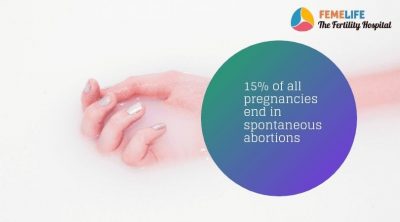
Recurrent pregnancy loss is repeated miscarriage a baby before 23 weeks of pregnancy and this can cause much distress for awaiting parents. 10-20% of pregnancies end in miscarriage out of which 1% to 2% of women experience repeated loss of pregnancy. Since such an event is least anticipated it can be emotionally difficult to handle.
What are the causes of recurrent pregnancy loss?
There are many possible causes for miscarriage, including: genetic and hormonal problems; infection and defects in blood-clotting; uterine problems and cervical weakness. The treatment recommendations for patients with recurrent pregnancy loss are based on the underlying cause of recurrent pregnancy loss.
Genetic causes – 2% to 4% of miscarriages are associated with a parental balanced structural chromosome rearrangement. These women experience repeated loss of pregnancy. In such a case your doctor may advise chromosomal analysis of both the partners to find the cause. Women older than age 35 have a higher risk of miscarriage than do younger women. This may be due to chromosomal defects in eggs of aging women.
Defects in the womb (uterus) – Some women may be born with defect in the size and shape of uterus. These are called congenital uterine anomalies and they include small uterus, T shaped uterus etc. Unicornuate, didelphic, and bicornuate uteri have been associated with smaller increases in the risk for loss of pregnancy.
You may have abortions if your uterus is divided by intrauterine adhesions, uterine fibroids or polyps. The uterine septum is the congenital uterine anomaly most closely linked to repeated abortions. Intramural fibroids larger than 5 cm, as well as submucosal fibroids of any size, can cause repeated loss of pregnancy.
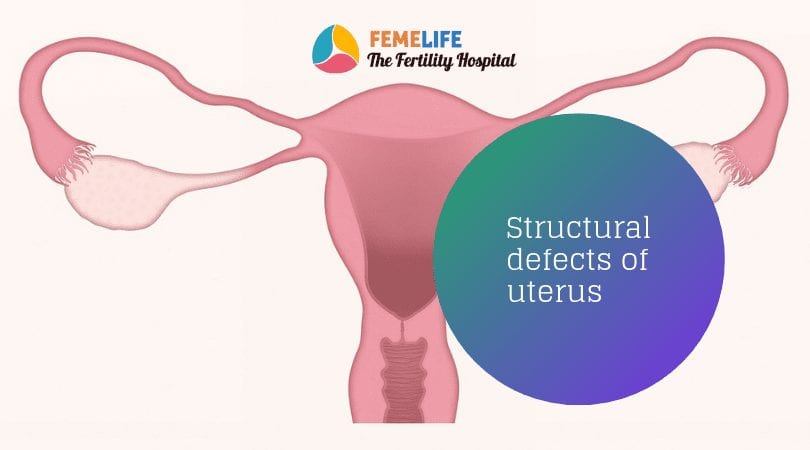
Hormone imbalance – A condition called luteal phase defect can risk your pregnancy. Early pregnancy is secured by hormone like Progesterone. If this hormone is deficient then women may experience recurrent pregnancy loss. Often this condition is seen in women with PCOS. Polycystic ovarian syndrome (PCOS) can lead recurrent pregnancy loss due to luteal phase defect.
Infections – Infections speculated to play a role in RPL include mycoplasma, ureaplasma, Chlamydia trachomatis, L monocytogenes, and HSV. You must report to the doctor at the earliest if you are experiencing symptoms of urinary or vaginal infections. Apart from local infections any severe infections with fever are also dangerous in pregnancy.
What are the signs of early pregnancy loss?
Bleeding -Most commonly early miscarriages present with bleeding. You may experience mild spotting or it may be flow with clots.
Pain – Some women may experience pain as a symptom of recurrent pregnancy loss. This pain may be mild intermittent or excruciating. Any pain in the lower abdomen during pregnancy is abnormal and should be reported early. At times pain is associated with urination which suggests infections. Pain may be with or without bleeding at the onset. But if left untreated leads to bleeding or watery discharge followed by miscarriage.
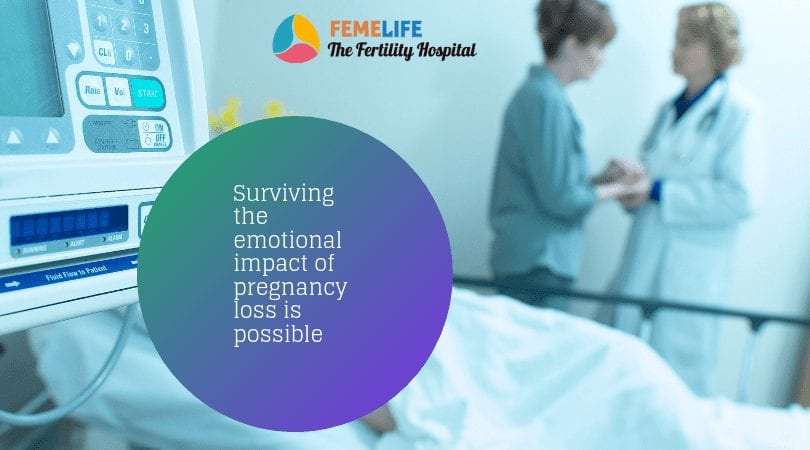
Vaginal discharge – In pregnancy women experience more discharges from vagina. But watery discharge or curdy white discharge with itching should be reported early. This may be a symptom of abortion.
How to prevent early abortions?
Miscarriages can be prevented if couple are prepared well before pregnancy. You should consult your gynaecologist before preparing for parenthood. Few points to follow before preparing pregnancy-
- You must have health checks to find medical illness like diabetes, high blood pressure, heart diseases, thyroid problem which may put you in risk during pregnancy. Blood clotting disorders can cause recurrent pregnancy loss and should be treated.
- You should undergo infection screening for diseases like hepatitis, HIV, Rubella which may get transmitted to your baby. Other infections like urinary or vaginal infections should be treated well before pregnancy to prevent recurrent pregnancy loss.
- You should screen for breast and cervical cancer before pregnancy and take necessary action accordingly.
- You must be vaccinated for cervical cancer, rubella much before pregnancy.
- Any family history of congenital diseases in the family of both partners should be discussed in detail and investigated.
- If you are experiencing recurrent pregnancy loss then your consultant may advise for special evaluation of the uterus. Certain problems in the womb can be corrected before pregnancy. If you are having weakness in the birth canal like cervical incompetence then proper advise should be taken for cervical stitching during pregnancy.
- Diet and nutrition play a major role in pregnancy. Proper advice should be taken before pregnancy for supplements like folic acid.
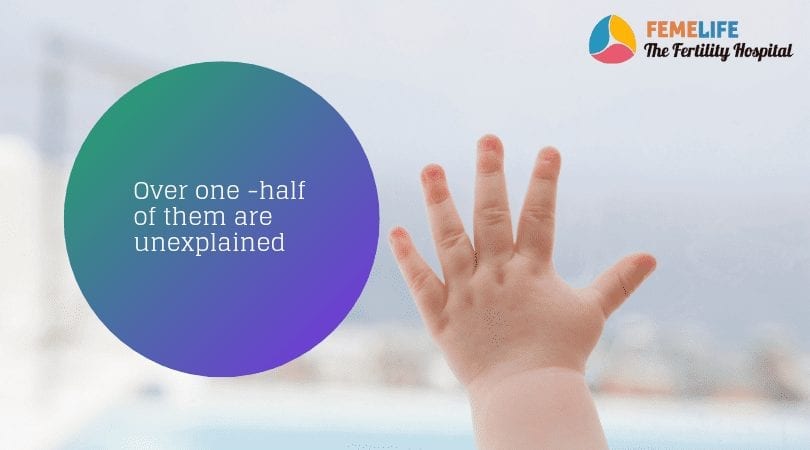


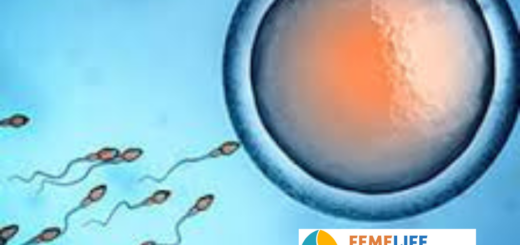
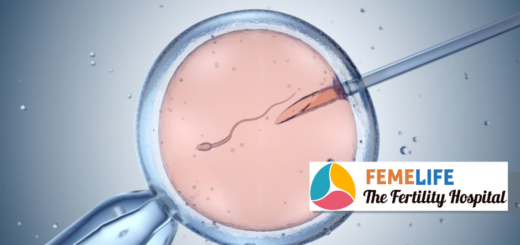

















4 Responses
[…] Repeated Pregnancy Loss […]
[…] Repeated Pregnancy Loss […]
[…] Repeated Pregnancy Loss […]
[…] Repeated Pregnancy Loss […]